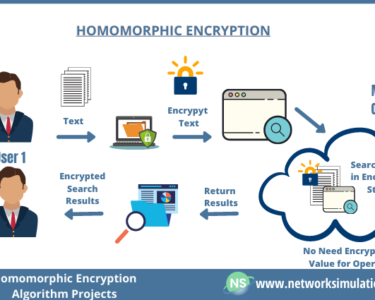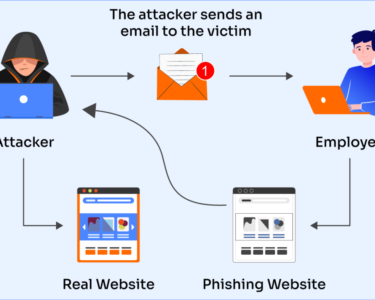
Digital Security: Promoting Cyber Literacy
In today’s digitally connected world, it’s crucial to understand and practice digital security measures to protect our online presence and information. Cyber literacy is essential in navigating the digital landscape safely and responsibly.
What is Cyber Literacy?
Cyber literacy encompasses the skills and knowledge needed to use and manage digital devices and technologies effectively. It includes understanding the risks associated with online activities, protecting personal information, and recognizing and avoiding cyber threats.
Importance of Cyber Literacy
Cyber literacy is paramount for a number of reasons:
- Protecting Personal Information: Identity theft, data breaches, and other cybercrimes can compromise our financial stability, privacy, and reputation. Cyber literacy empowers us to safeguard our sensitive data online.
- Enhancing Online Safety: Cyberbullying, phishing scams, and malware can pose significant threats to our safety. Understanding how to stay safe online is crucial for protecting ourselves from these risks.
- Responsible Digital Citizenship: As members of the digital community, we have a responsibility to behave ethically and responsibly. Cyber literacy helps us navigate online interactions in a way that respects others’ privacy and promotes a positive digital environment.
- Career Advancement: In the digital age, cyber literacy is increasingly becoming a sought-after skill in various industries. Employers value individuals who possess the knowledge and expertise to handle data securely and manage cyber threats effectively.
How to Promote Cyber Literacy
Promoting cyber literacy requires a multifaceted approach:
- Education: Incorporating cyber literacy into school curricula and providing adult education programs can equip individuals with the necessary skills and knowledge.
- Public Awareness Campaigns: Governments, non-profit organizations, and corporations can launch campaigns to raise awareness about cyber risks and promote best practices.
- Online Resources: Numerous resources are available online, such as government websites, educational platforms, and industry blogs, that provide valuable information and guidance on digital security.
- Encouragement of Critical Thinking: Developing critical thinking skills is crucial for recognizing and responding to cyber threats. Encourage individuals to question online content, be cautious of suspicious emails, and seek reliable sources of information.
Conclusion
Cyber literacy is essential for navigating the digital world safely and responsibly. By promoting cyber literacy, individuals can protect themselves from online threats, enhance their online safety, and contribute to a positive digital society. Governments, educational institutions, and organizations have a significant role to play in fostering cyber literacy and equipping individuals with the knowledge and skills needed to thrive in the digital age.



